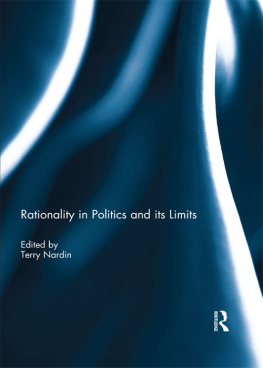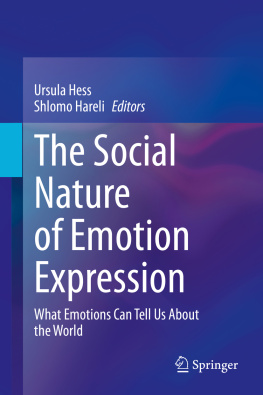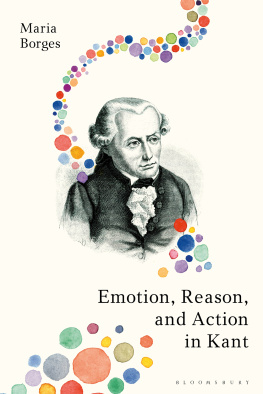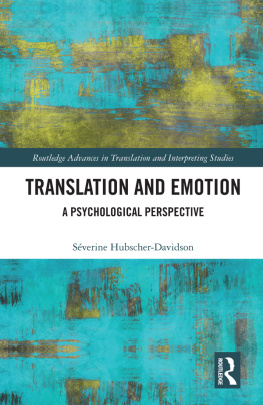First published 2000 by Berg Publishers
Published 2020 by Routledge
2 Park Square, Milton Park, Abingdon, Oxon OX14 4RN
605 Third Avenue, New York, NY 10017
Routledge is an imprint of the Taylor & Francis Group, an informa business
Charlotte E. Hardman 2000
All rights reserved. No part of this book may be reprinted or reproduced or utilised in any form or by any electronic, mechanical, or other means, now known or hereafter invented, including photocopying and recording, or in any information storage or retrieval system, without permission in writing from the publishers.
Notice:
Product or corporate names may be trademarks or registered trademarks, and are used only for identification and explanation without intent to infringe.
Library of Congress Cataloging-in-Publication Data
A catalogue record for this book is available from the Library of Congress.
British Library Cataloguing-in-Publication Data
A catalogue record for this book is available from the British Library.
Typeset by JS Typesetting, Wellingborough, Northants.
ISBN 13: 978-1-8597-3150-5 (hbk)
In this book, Nepali words are marked with a following N. and I transcribe them according to Turners Dictionary of the Nepali Language (1965 [1931]). I have simplified some transcriptions:t, is t; n is ng.
The transcription of Lohorung words follows my own phonological convention as shown in . The glottal stop is indicated by a hyphen or a k, as in miri-k (tail). When the glottal stop opens a suffix it is represented by a hyphen on its own, as in mi-wa (tears). The vowel ea is represented by a and ts is pronounced as in lets. The meanings of Lohorung words are offered as glosses in the text.
Key Lohorung terms used in the book can be found in the glossary below.
| apikhuba | stingy, mean |
| bok | belly |
| bokshi | witch |
| bongsime, bongsik, bongchame | to lie, to be lied to, hence disappointed |
| bongbi | snakes of the underworld who choose shaman and local priests |
| bung | flower, genitalia, menstruation, vital essence |
| chap | ghosts, spirits of persons after death |
| chaptempa | world of the dead |
| chawa | ritual term for springs identifiedwith clans |
| chenchame, chen chen minuk | elated, pleased, like |
| chenchabokme | happy, content |
| chiksime, chiksik | disapprove,feel disgusted |
| chime | learn (a skill) |
| chunglu | cold |
| chung niwa | cold-hearted |
| chungme | worship |
| chudel N | spirit of a young unmarried woman who has died, haunting her lovers, those she has loved or who have loved her. |
| dibu | beer |
| diha lengme | proud |
| dukka | (N) pain, suffering |
| essime, essik | lazy |
| hachakwa minuk | excited, impatient |
| hang/hangma | king, queen |
| hangme | respect |
| hapme, habukmi | cry, weep |
| hekme, heku | be able |
| heme | hear |
| herem herem minuk | hungry, empty |
| hingchame, hingkrikpa | alive and flourishing |
| hoprek pikhedu | empty |
| hongsiu | inside of house; innermost part of person |
| Khila N | fourth son |
| Khili | fourth daughter or wife of 4th son |
| kamnuk | beautiful attractive, nice, good |
| kamnuro mikuchini | feel unhappy, sad, uncomfortable |
| kanga yongpa | proud |
| khechimawa | irritable, itchy |
| khim | house |
| kisime | verb, to fear |
| kisimalu | adv. frightening |
| khimpie | house ancestor |
| khimtibungme | hold in mind, remember |
| kul N | lineage, the god within a person |
| labukme | respect |
| lamthing lamuk | jealous |
| langhangme | hope, wish for |
| lawa | wandering soul, animates the body giving consciousness of life |
| lawa kisik | shocked, terrified, soul loss |
| lemmang | ordinary reality |
| leeme, leeku | know, he knows |
| lemmang | awake, ordinary reality |
| letokme | learn (a fact) |
| lung | stone |
| lungma | heart/liver |
| lungchame | like, love |
| lungma diha1 | Vie feel brave |
| maksa | bear; kin term see kinship () |
| mangpa/mangmani | shaman, male/female |
| mangsuk | household shrine |
| Maruhang | Biksik clan king |
| Maruhang | Biksik clan king |
| mehangkheda | sulky |
| mVbungdame, mVbungdu | remember |
| michame/miylame | homesickness, lovesick, sadness of separation, heart yearning for someone far away |
| minukwaruru leme | feel like crying |
| minchame | hope |
| mingkheme, mikheme | forget |
| minukme, minuk | feel |
| mitokme, mitoku | remember |
| nabuk welangdu | hurt pride |
| namnunglachi | sun and moon people |
| nana | elder sister |
| nenchame | like, feel kind |
| ngenukme, ngenukmi | quarrelsome, irritable |
| ngesime | shy, ashamed, shame |
| ningbak mesikme | homesick, nostalgic |
| nisasilik | fear (of water) |
| niwa chaikheme | feel hurt |
| niwa chukele | feel generous, unselfish |
| niwa chume | believe, trust |
| niwa entae | feel relieved |
| niwa ii | feel moody |
| niwa kaise | discontent |
| niwa kamnuk | content |
| niwa kisik | respect, awe |
| niwa makhara | mad |
| niwa michaknga, huk yoktokni | homesick, lovesick, sadness of separation |
| niwa meding | irresponsible |
| niwa makchame | dizzy |
| niwa pime | trust, have faith |
| niwa tuguk | hurt, upset, sad |
| niwa yamuk | anxious, guilty, worried |
| naksubang | insane |
| panukha | energetic |
| pe-lam | corpus of myths, rites, knowledge, traditions relating to the ancestors and origins |
| pheguang | assistant to ritual officiant |
| phenni | forbidden, prohibited, wrong, |







